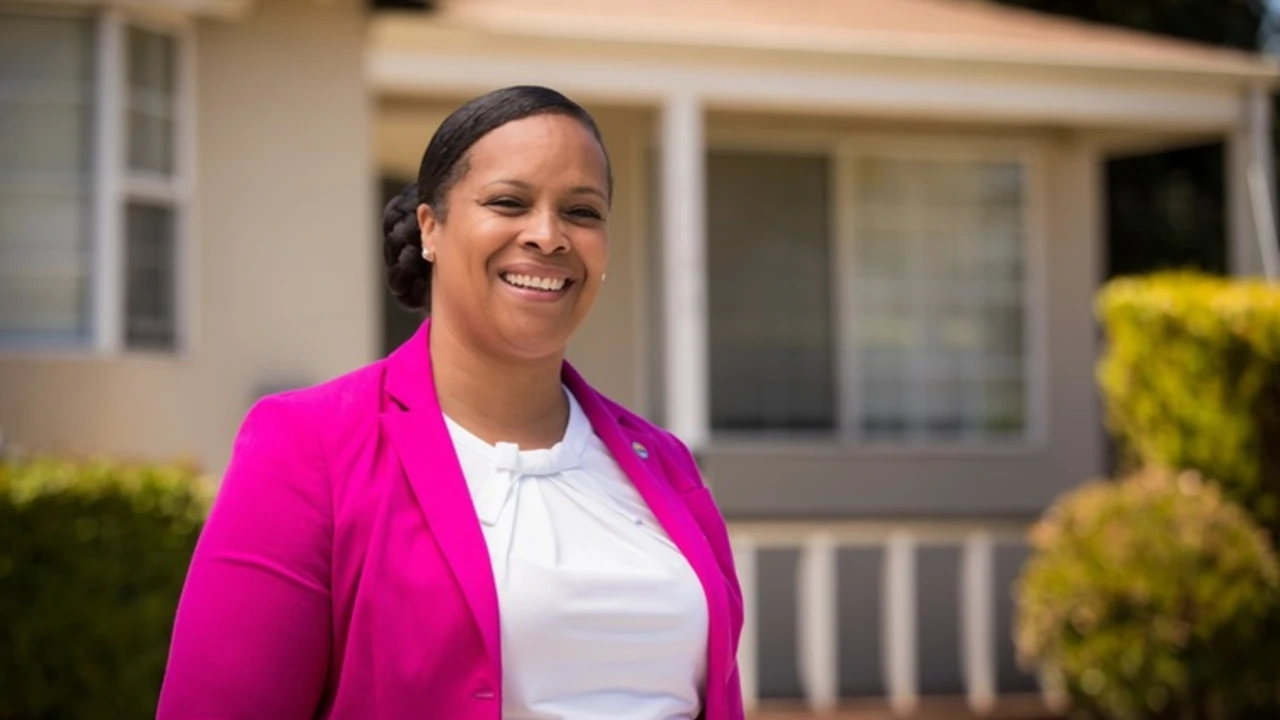This month, the seven-member Puerto Rico Financial Oversight and Management Board (FOMB), which was created by Congress in 2016 and tasked with restructuring the island's debts, was poised to achieve a significant milestone.
Ending bankruptcy at PREPA, Puerto Rico's Electric Power Authority, is the last remaining step in the restructuring of Puerto Rico's debts, and an important catalyst for investment into a modernized grid and power system for the citizens of Puerto Rico who have been plagued by decades of costly, inefficient and unreliable service.
Ending bankruptcy at PREPA would also mean coming to an agreement with bondholders who are collectively owed more than $8 billion, and who have not received debt service payments since May 2014.

Since then, bondholders have entered into forbearance agreements, extended 13 times, and purchased re-lending bonds from PREPA. These financial accommodations literally helped keep the lights on in Puerto Rico. Often unfairly characterized as speculators, many of these bondholders are pensioners and retirees who count on the rule of law governing contracts and creditor rights to protect their savings.
Now almost eight years since Congress passed PROMESA, the statute creating the FOMB, the time for ending bankruptcy at PREPA is long overdue. But instead of finally making a deal with bondholders, the FOMB, as it has done so many times before, is moving the goalposts by changing its analysis of what PREPA can afford to pay in debt service. In fact, over the past year alone the FOMB has changed its affordability analysis numerous times, and reduced the amount it is willing to make available for debt service by more than two-thirds.
Unfortunately, the FOMB's unilateral actions toward PREPA's bondholders follow a familiar pattern. Shortly after coming into existence, in 2017 the FOMB forcibly intervened to cancel a consensual restructuring agreement, the RSA, between PREPA and its creditors. In doing so, it ignored Congress' express directive that existing consensual agreements be left intact. Afterward, following two years of litigation — which served no one's purpose except for the lawyers and consulting firms that have been enriched by this process — a new RSA was agreed to in 2019. But in early 2022, the FOMB abandoned this deal too after changing its views on debt service affordability.
The FOMB has a responsibility to ensure that any agreement with creditors is sustainable and affordable. Restructuring of debt, by definition, usually means that bondholders will take a haircut. But in this case, the FOMB's discriminatory treatment of PREPA's bondholders has been more ideological than commercially minded. It has shown a consistent willingness to impair bondholder rights even as it leaves PREPA's employee pension system intact other than freezing annual cost of living adjustments.
I was appointed to the FOMB in 2020. Throughout the course of my term, I've focused on accomplishing what Congress explicitly tasked the Board with — ending bankruptcy and returning Puerto Rico and its various instrumentalities, including PREPA, to the capital markets. Congress was clear when it enacted the Puerto Rico Oversight, Management, and Economic Stability Act (PROMESA) that the Board must respect creditor rights, even going as far as specifically directing against interference with existing consensual agreements between Puerto Rico and its creditors, which is precisely what the FOMB did when it blew up the first RSA in 2017.
Congress never intended for PROMESA to be an endless process, or for the FOMB to rule Puerto Rico in perpetuity. Ending bankruptcy as quickly and efficiently as possible and putting Puerto Rico on a path for future growth was the goal.
In contrast to the first four years of the FOMB's existence, since 2020, we've made significant progress toward Congress' goal, including and specifically the successful resolution of Puerto Rico's general obligation debt.
How did we accomplish this? In that restructuring, a majority of the FOMB adopted a "deal mindset." That doesn't mean that we lost sight of our responsibility as board members to ensure that any deal was sustainable. It means that we prioritized getting to a consensual deal, understanding that it was not only what Congress intended, but that it was also in the best interests of Puerto Rico's long-term reputation as a safe place to invest.
Right now, the FOMB needs to return to its "deal mindset" so that we can end the bankruptcy at PREPA. While gaps remain between the FOMB's and bondholders' affordability analyses, they are not insurmountable.
And the consequences of failing to reach a consensual deal will be disastrous for Puerto Rico. Bondholders will likely appeal all the way to the Supreme Court, which will result in years of additional litigation, and with it, further delayed access to capital markets for Puerto Rico.
All of this is avoidable. It's time to finish the job.





